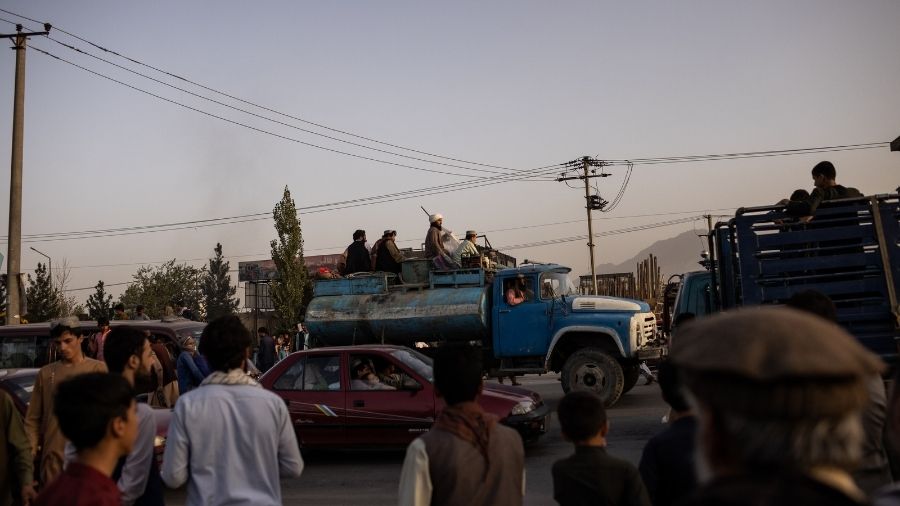Kabul has fallen. The reverberations of this development in Afghanistan are being felt in global capitals, including New Delhi. India’s challenges in that strife-torn nation are manifold. An immediate priority would be the safe return of its citizens. New Delhi must also ensure that it does its best not to leave behind Afghan citizens, especially those with links with India, who are willing to relocate. India has conducted massive repatriation exercises in the past — the Vande Bharat mission, which facilitated the return of Indian nationals stranded in different corners of the world on account of pandemic-induced restrictions, is a recent example. Curiously, the Narendra Modi government has been tight-lipped about its rescue template in Afghanistan. The Centre’s silence, hopefully, is not a sign that it does not have a plan in place.
The long-term obstacle, obviously, pertains to national security. The political ascendancy of the Taliban — history bears witness — has coincided with disturbances on India’s northern and western borders. The Taliban’s patron, Pakistan, is ever-willing to fish in troubled borders too. With China breathing down India’s neck in Ladakh, New Delhi needs to urgently re-examine its options to pre-empt a crisis on the security front. There is room for diplomacy in this. India is not only a non-permanent member of the United Nations security council but also chairs the Taliban Sanctions Committee in it. These accesses can be used as handy leverages to keep international scrutiny firmly focused on Afghanistan and its neighbour. Additionally, the furtive attempts to establish a rapport with the Taliban leadership must be energized. This is because Afghanistan remains a prime theatre of the unfolding New Great Game and India cannot afford to be content with a back seat. There are strategic compulsions as well: New Delhi is keen to establish communication links in order to reach other countries through Afghan territory. Even though India has been among the nations to declare that they would not recognize a change in regime in Afghanistan by the use of force, it should persist with its outreach to the new overlords. The Taliban, keen to seek international legitimacy, may not be unwilling to respond.











